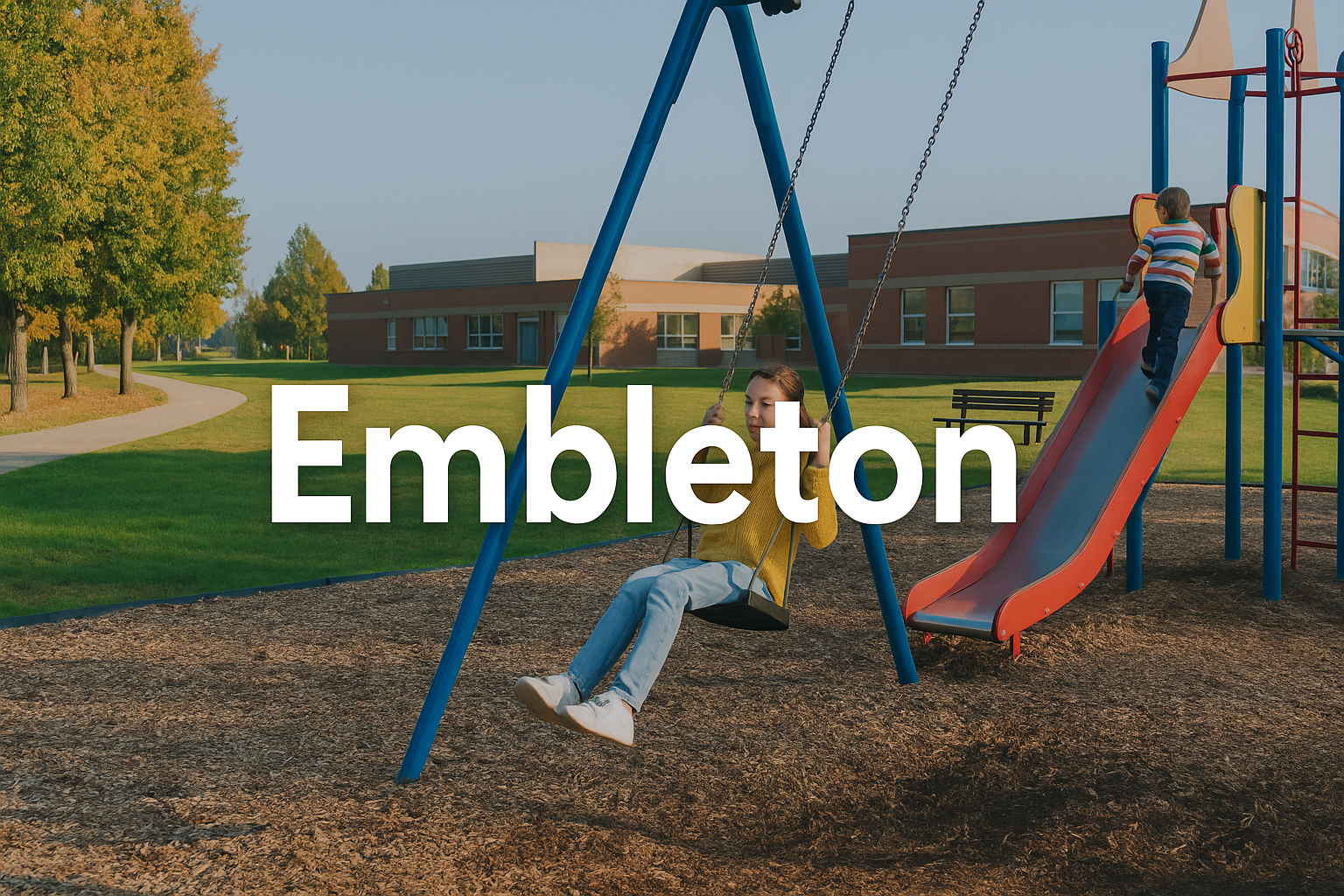For real estate agents in Ontario, choosing the right team can shape the entire trajectory of a career. While licensing opens the door to the profession, it is the quality of training, mentorship, and compensation structure that determines whether an agent merely survives or truly thrives. In competitive markets like Brampton and Mississauga, agents are increasingly looking beyond traditional brokerages and toward teams that offer real growth opportunities.
Team Arora has emerged as a preferred choice for agents who want structured training, ongoing coaching, and commission splits that reward performance. Rather than focusing on volume alone, the team emphasizes skill development, long-term sustainability, and professional integrity. This approach has made Team Arora a go-to destination for both new and experienced agents.
The Changing Expectations of Modern Real Estate Agents
Today’s real estate agents are more informed and selective than ever. They are no longer satisfied with minimal onboarding, unclear mentorship, or rigid commission structures. Instead, they seek environments where learning is continuous, support is accessible, and earnings align with effort.
Agents entering the industry now expect:
- Clear guidance during the first year
- Hands-on training that reflects real market conditions
- Transparent and competitive commission splits
- Opportunities to grow skills beyond basic transactions
- A culture that encourages collaboration over competition
Teams that fail to meet these expectations often see high turnover. Those that meet them consistently attract and retain talent.
Training That Goes Beyond Theory
One of the main reasons agents choose Team Arora is the depth and practicality of its training. Many agents leave traditional brokerages because training there is often generic, infrequent, or overly theoretical. Team Arora takes a different approach.
Training is designed to mirror real scenarios agents face daily. This includes buyer consultations, listing presentations, negotiation strategies, and contract management. Instead of learning in isolation, agents are guided through actual workflows and case-based discussions.
- Structured onboarding for new agents
- Ongoing skill-building sessions for experienced agents
- Market-specific insights relevant to Brampton and Mississauga
- Training on communication, ethics, and client management
This practical focus allows agents to build confidence quickly and apply what they learn immediately.
Mentorship That Is Accessible and Consistent
Mentorship is often promised but rarely delivered in many real estate environments. Team Arora places mentorship at the core of its structure. Agents are not left to navigate complex situations alone, especially during their early transactions.
Experienced leadership provides guidance on pricing strategies, negotiation challenges, and client expectations. Questions are addressed promptly, and feedback is constructive rather than judgmental. This creates a learning environment where agents feel supported rather than pressured.
Consistent mentorship helps agents:
- Avoid costly mistakes early in their careers
- Develop professional judgment over time
- Build trust with clients more effectively
- Grow confidence in negotiations and decision-making
Commission Splits That Reward Growth
Compensation is a critical factor in any agent’s decision to join a team. Team Arora offers commission splits that are designed to reward productivity while still providing strong support and resources.
Unlike models that heavily favor the brokerage or team leader, the structure here reflects a partnership mindset. Agents who invest time, effort, and professionalism into their work see that commitment reflected in their earnings.
High commission splits matter because they:
- Allow agents to reinvest in marketing and education
- Support financial stability during slower market periods
- Create motivation without unhealthy pressure
- Encourage long-term loyalty and growth
When agents feel fairly compensated, they are more likely to focus on service quality rather than short-term gains.
A Culture Built on Collaboration
Team Arora has built a culture that values collaboration over internal competition. Agents are encouraged to share knowledge, support each other during busy periods, and celebrate collective success.
This collaborative mindset is particularly valuable in high-volume markets, where multiple transactions may overlap and time management becomes critical. Having access to a team that works together reduces stress and improves client service.
Collaboration also creates opportunities for:
- Peer learning and shared experiences
- Coverage during vacations or peak workloads
- Consistent service standards across transactions
- A sense of belonging and professional pride
Support Systems That Let Agents Focus on Clients
Administrative and operational support is another factor that draws agents to Team Arora. Rather than managing every detail alone, agents benefit from systems that streamline paperwork, scheduling, and communication.
This support allows agents to focus on what truly matters: advising clients, negotiating effectively, and building relationships. It also reduces burnout, which is common among agents who attempt to manage everything independently.
Real-World Story: A Shift That Made the Difference
An agent who previously worked at a large brokerage described feeling overwhelmed and unsupported despite years of experience. Training sessions were infrequent, and mentorship was difficult to access. After joining Team Arora, the agent noticed an immediate change.
Regular discussions about market trends, clear feedback on transactions, and a transparent commission structure helped restore confidence and motivation. Within a year, the agent reported improved client satisfaction and a more balanced workload. This experience reflects what many agents discover when they transition into a team-oriented environment.
Why Location Expertise Matters
Operating in markets like Brampton and Mississauga requires deep local knowledge. Team Arora emphasizes understanding neighborhood trends, school zones, infrastructure developments, and buyer behavior at a granular level.
This localized expertise is shared through training and discussions, ensuring agents can speak confidently with clients and provide meaningful advice. In competitive markets, this level of insight often distinguishes successful agents from average ones.
Professional Growth Beyond Transactions
Team Arora’s approach encourages agents to think beyond individual deals and focus on long-term career development. This includes building personal brands, improving communication skills, and understanding broader market dynamics.
Agents are supported in setting realistic goals and tracking progress over time. Growth is measured not only by transaction volume, but also by professionalism, client relationships, and reputation.
Why Agents Continue to Choose Team Arora
Agents who join Team Arora often cite a combination of factors rather than a single reason. Training, mentorship, commission splits, culture, and support systems work together to create an environment where agents can succeed sustainably.
For agents seeking a balance between independence and guidance, this model offers clarity and consistency.
To learn more about the team’s philosophy and approach, visit Team Arora.
Frequently Asked Questions
1. Is Team Arora suitable for new real estate agents?
Yes. Team Arora provides structured onboarding, practical training, and ongoing mentorship that helps new agents build confidence and competence. The supportive environment allows beginners to learn through real scenarios rather than navigating the market alone.
2. Do experienced agents also benefit from joining Team Arora?
Experienced agents benefit from collaboration, advanced training, and competitive commission splits. Many appreciate access to shared knowledge, operational support, and a professional culture that supports long-term growth rather than short-term competition.
3. How does training differ from traditional brokerages?
Training focuses on real-world application rather than theory. Sessions are practical, market-specific, and ongoing. Agents learn how to handle actual client situations, negotiations, and contracts with guidance from experienced professionals.
4. Are commission splits clearly defined?
Yes. Transparency is a key principle. Agents understand how commission structures work from the beginning, which helps build trust and allows them to plan their finances and career growth with confidence.
5. What kind of mentorship is available?
Mentorship is hands-on and accessible. Agents can seek guidance on pricing, negotiations, and client management without hesitation. This ongoing support helps reduce mistakes and improves overall professionalism.
6. How does the team support work-life balance?
Shared responsibilities and operational support help agents manage workloads more effectively. Collaboration allows coverage during busy periods, reducing stress and helping agents maintain healthier schedules.
7. Is there pressure to meet unrealistic targets?
No. Growth expectations are realistic and individualized. The focus is on consistent improvement and ethical service rather than aggressive quotas that compromise quality or well-being.
8. How does Team Arora help agents grow their brand?
Agents receive guidance on professional presentation, communication, and market positioning. This helps them build credibility and long-term client relationships rather than relying solely on short-term marketing tactics.
9. What makes the team culture different?
The culture emphasizes respect, collaboration, and shared success. Agents support one another, exchange knowledge, and work toward common goals instead of competing internally.
10. How can an agent determine if Team Arora is the right fit?
Agents should evaluate whether they value mentorship, collaboration, and professional growth. Speaking with team members and understanding expectations can help determine if the environment aligns with their goals.
Disclaimer
This blog is for informational purposes only and does not constitute legal, financial, or professional advice. Commission structures, training programs, and support systems may evolve. Agents should conduct their own due diligence before making career decisions.








